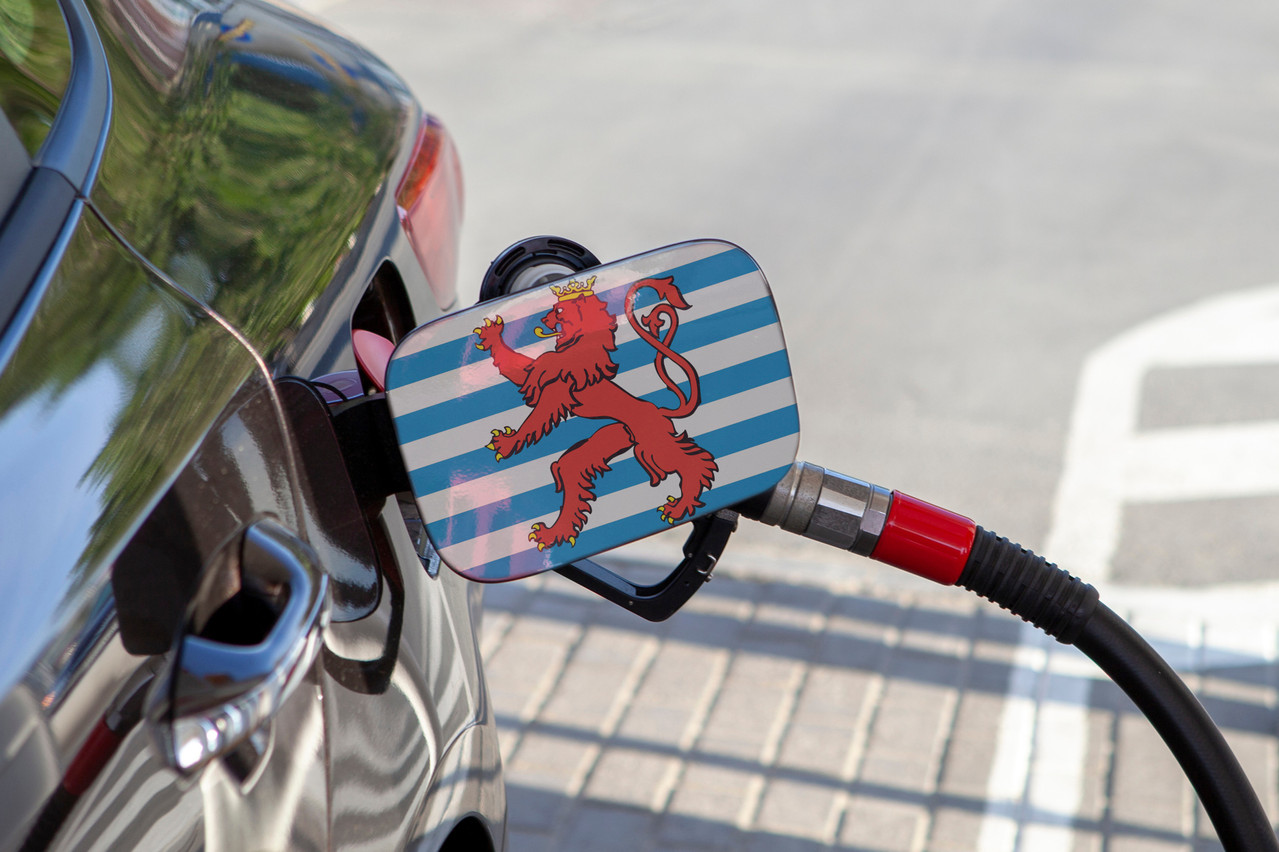Petrol prices have reached new heights in Luxembourg, too, and with fuel subsidies kicking in in neighbouring regions, the country’s competitive advantage in the greater region has waned.
In Luxembourg, Diesel currently costs around €1.97 per litre and E10/95 petrol comes in at €1.91 since Tuesday. It previously reached more than €2 and became more expensive than across the border in Germany where a tax cut implemented on 1 June shaved off 35 cents per litre for diesel and around 16.5 centre per litre of petrol.
“At this time, shopping centres, restaurants and shops set up near the service stations along the border are faced with a dizzying fall in the attendance of customers,” labour union LCGB said in a statement on Monday.
Profits have dropped by 40% in some areas along the border, the LCGB said, citing data provided by its members.
“As fuel prices are starting to become more and more attractive in the greater region, the tendency of cross-border workers to refuel in Luxembourg has greatly diminished,” the LCGB said. On the contrary, as prices fluctuate, drivers from the grand duchy have started hopping across the border when petrol and diesel are cheaper there.
Neighbouring businesses as a result also lose out on customers.
Energy transition
There are more than 140 petrol stations in Luxembourg, flushing around €2bn in taxes into state coffers annually, not only from petrol sales but also spirits, tobacco and coffee, which are cheaper in Luxembourg.
Luxembourg at the start of 2021 had introduced a CO2 tax to help dissuade people from using their car or switch to a e-vehicle. The transport sector must cut emissions by 57% compared to 2005 by the end of the decade under the government’s climate targets.
“While the energy transition certainly makes it necessary to adapt the business model of service stations and related businesses, the unpredictability of the crisis we are going through does not allow merchants to adapt immediately,” the LCGB said in its statement. “If the current trend persists or even accelerates, the survival of several thousand jobs may no longer be guaranteed.”
The government in April had reduced fuel prices by 7.5 cents but given their high volatility, the drop was largely temporary.
The LCGB has called for an analysis of the situation to discuss appropriate aid or other support measures.
